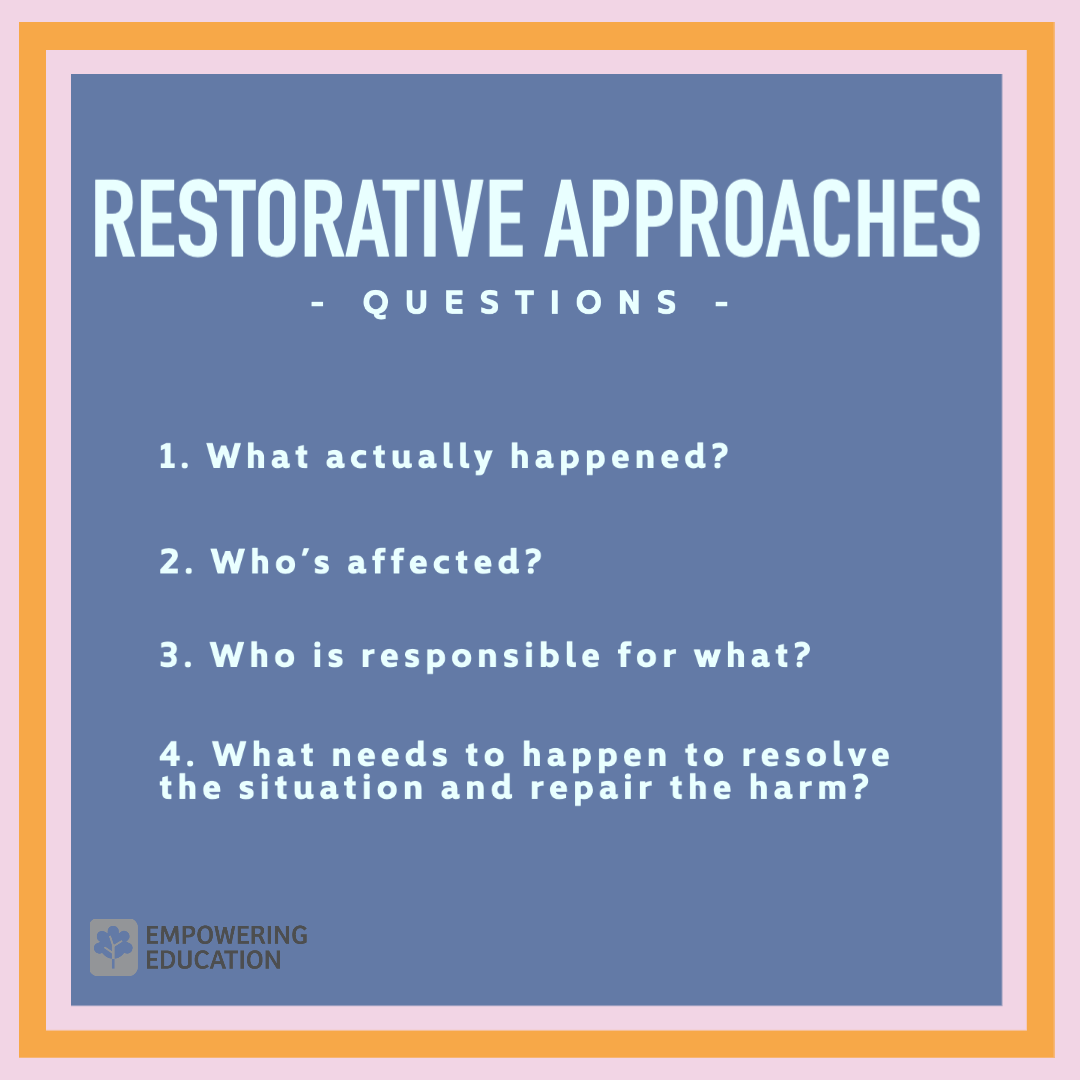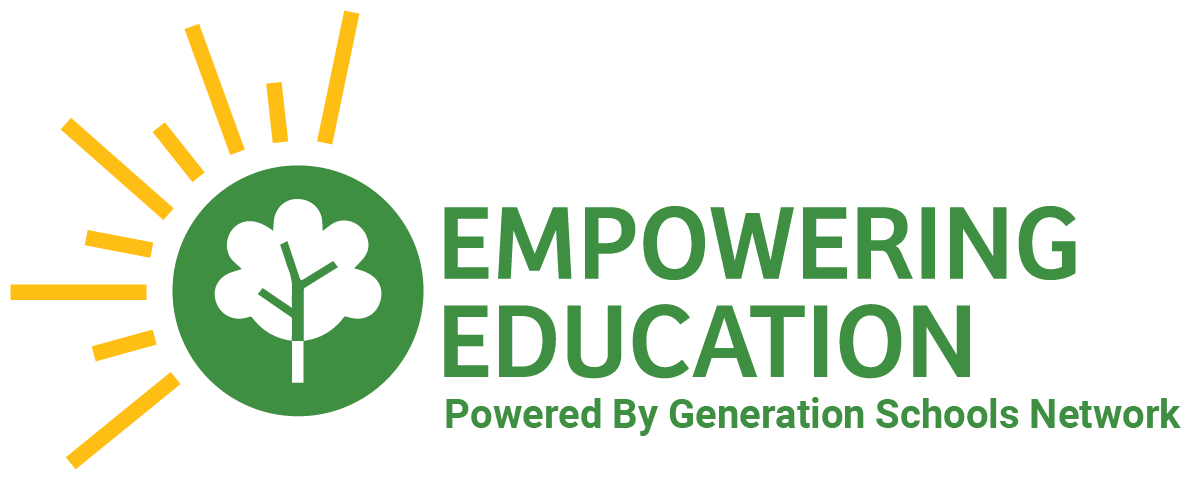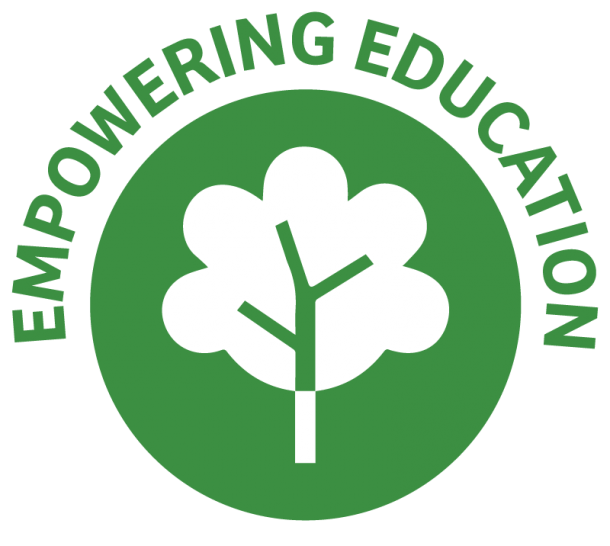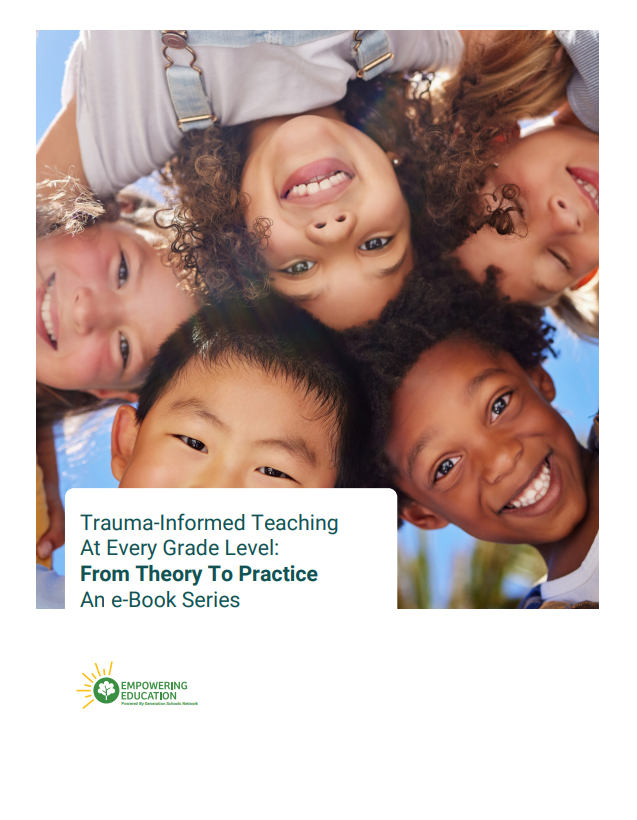How does Empowering Education teach conflict resolution?
Of all themes that Empowering Education covers, conflict resolution is high on the list. Conflict is in the halls of any middle school, and where it doesn’t exist it that seems teens can create it from thin air. Some kids even thrive off of conflict – gaining energy with every drama created and rumor spread.
From a developmental perspective, this is actually well within the norm for teens. Elkind’s concept of adolescent egocentrism help us understand how teens process events and relationships differently. Since teens are experiencing many milestones for the very first time, they might feel misunderstood, (ie.“You don’t know what it’s like!”). They often magnify the importance of their daily lives to an extraordinary degree. While teens are well prepared to create and perceive conflict, they are less prepared to resolve it. So, the focus of several of our 6-8 lessons is conflict resolution.
The lesson includes conflict styles and methods for resolving conflict. It also helps teens gain an understanding that conflict is a normal, healthy role in our lives. A unique method of conflict resolution is the philosophy of Restorative Approaches (RA). RA focuses on repairing harm and working towards a shared solution with all parties. A wide variety of settings worldwide use RA from small communities or prisons to schools. Locally, RA has successful results in Denver Public Schools. It has lead to decreases in suspensions, expulsions and behavioral referrals. Additionally, RA has lead to increased attendance and graduation rates.


These questions don't guarantee a miracle cure, but the process is successful when each party owns some responsibility. The restorative process is different from traditional approaches because it doesn't emphasize negative consequences nor does it dwell on blame.
Consequences are not simply handed down to students. Instead, students create their own solutions and decide what they need to do to make things right. By building on other skills we teach, such as assertive communication or active listening, students will gain conflict resolution skills. This leads to gaining a better understanding of how to work through conflicts in their own lives.



